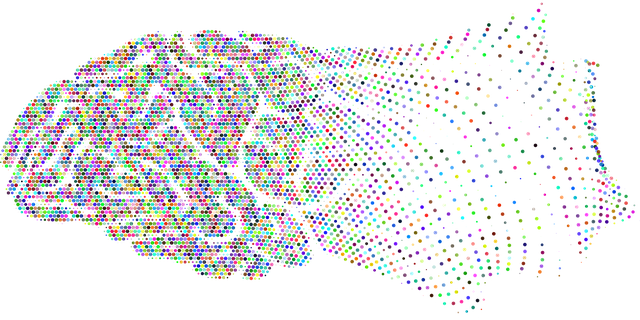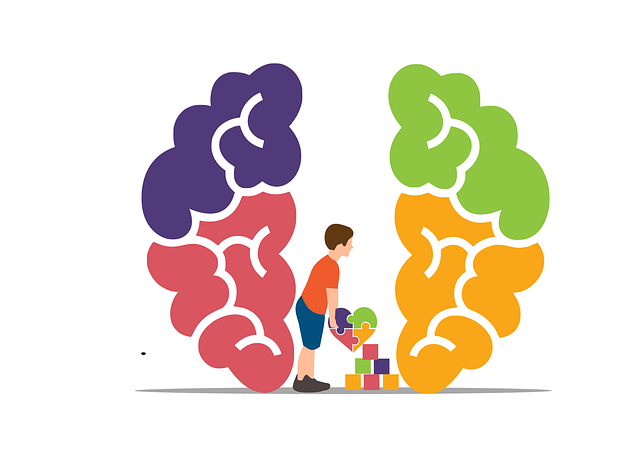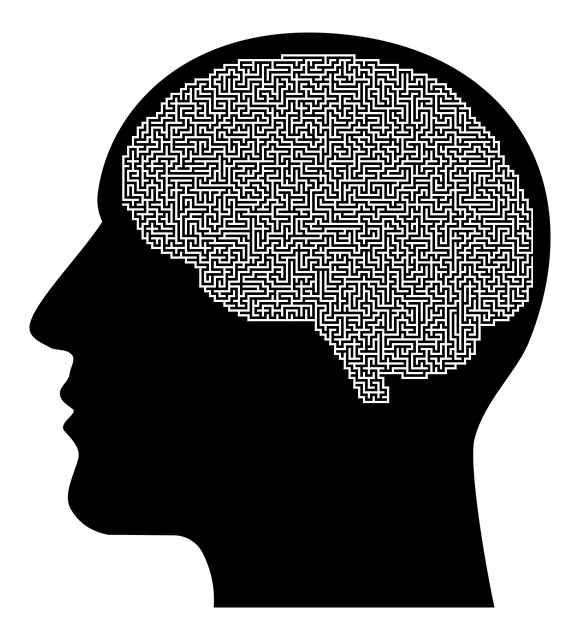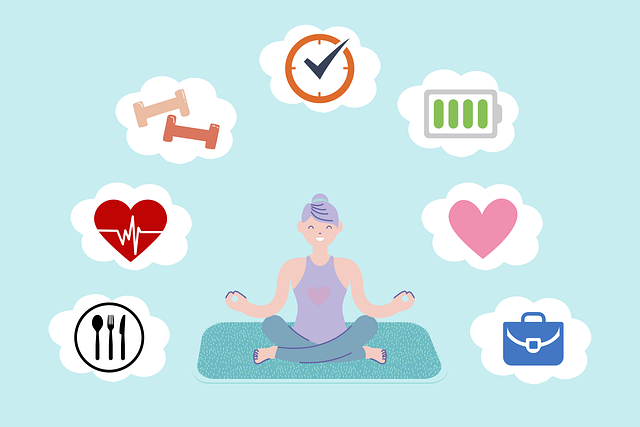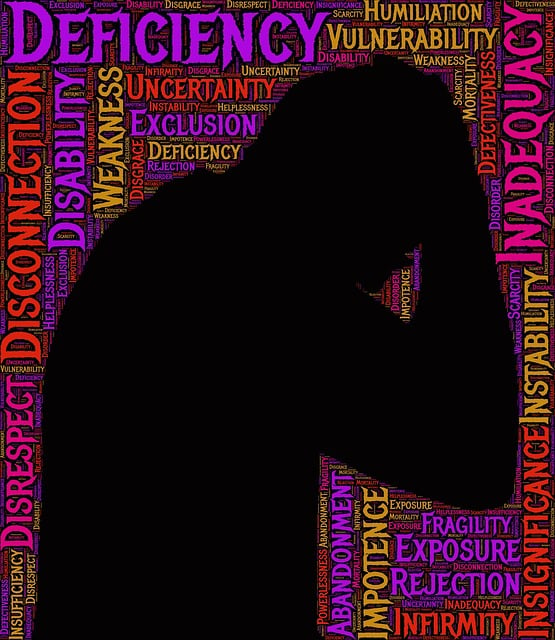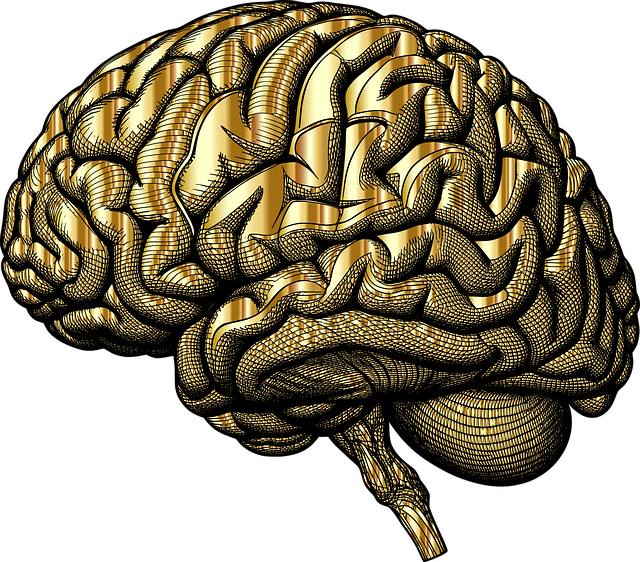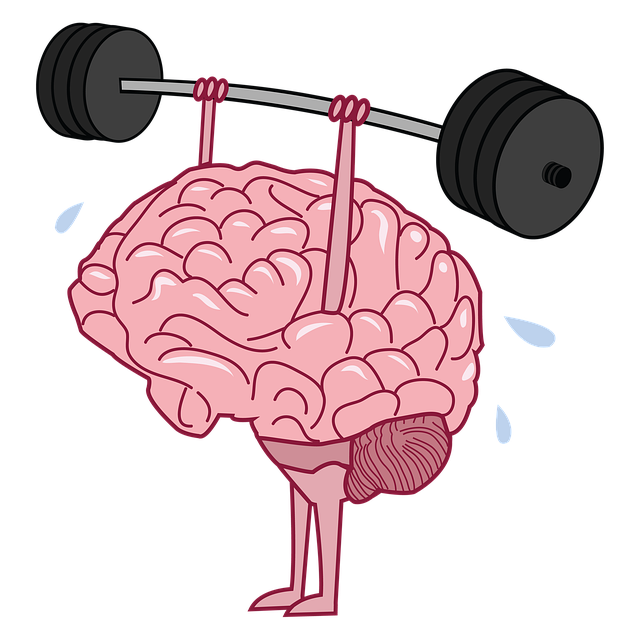Anxiety disorders, global concerns causing excessive fear and worry, are managed through therapy (especially evidence-based Cognitive Behavioral Therapy, or CBT), medication, self-care like emotional intelligence, and mental health policy advocacy. CBT, recognized as the superior suicide prevention therapy, targets negative thought patterns for emotional healing and resilience. Mindfulness meditation, holistically reducing anxiety symptoms and fostering self-compassion, is a complementary tool. Healthy lifestyle practices, including exercise, diet, and sleep, along with support networks, further enhance well-being. Professional help through superior suicide prevention therapies and training equips individuals with effective coping mechanisms for improved mental health.
Anxiety disorders affect millions, but there are effective management techniques available. This comprehensive guide explores strategies to combat anxiety, focusing on Cognitive Behavioral Therapy (CBT), mindfulness practices, and lifestyle changes. Discover how these approaches, including superior suicide prevention therapy, can cultivate resilience and promote mental well-being. By understanding the impact of anxiety and adopting evidence-based tools, individuals can lead happier, more fulfilling lives.
- Understanding Anxiety Disorders and Their Impact
- Cognitive Behavioral Therapy (CBT): A Powerful Tool
- Mindfulness and Meditation Practices for Calmness
- Lifestyle Changes and Support Systems for Better Mental Health
Understanding Anxiety Disorders and Their Impact

Anxiety disorders are a prevalent mental health concern, affecting millions worldwide. They encompass a range of conditions, such as generalized anxiety disorder (GAD), panic attacks, and phobias, characterized by excessive, persistent fear or worry. These disorders can significantly impact an individual’s daily life, leading to physical symptoms like increased heart rate, insomnia, and fatigue, as well as emotional struggles. Understanding the nature of these disorders is a crucial step in managing them effectively.
Effective management often involves a combination of therapy, medication, and self-care practices. Superior suicide prevention therapy, focusing on cognitive-behavioral techniques, has proven successful in treating anxiety. This approach helps individuals challenge negative thought patterns and learn coping strategies to manage their symptoms. Additionally, developing a robust self-care routine, which includes emotional intelligence practices, can enhance overall mental well-being. Mental health policy analysis and advocacy play a vital role in ensuring accessible and effective treatment options for those struggling with anxiety disorders.
Cognitive Behavioral Therapy (CBT): A Powerful Tool

Cognitive Behavioral Therapy (CBT) stands out as a superior suicide prevention therapy, offering profound benefits in managing anxiety and fostering emotional healing processes. This evidence-based approach focuses on identifying and modifying negative thought patterns and behaviors, providing individuals with the tools to confront and overcome distressing situations. Through CBT, individuals learn to challenge distorted thinking, build confidence boosting coping strategies, and develop healthier ways of responding to stress.
By targeting specific issues like depression prevention and rerouting unhelpful behaviors, CBT empowers individuals to take control of their mental health. The therapy encourages active participation in the healing process, teaching valuable skills that can be applied throughout life. This transformative approach has proven highly effective not only in anxiety management but also in preventing relapse, making it a cornerstone in comprehensive mental health care.
Mindfulness and Meditation Practices for Calmness

Mindfulness and meditation practices have emerged as powerful tools in anxiety management, offering a holistic approach to calming the mind and fostering mental resilience. These techniques encourage individuals to focus on the present moment, cultivating awareness of thoughts and sensations without judgment. Regular engagement in mindfulness meditation has been linked to reduced anxiety symptoms and improved emotional regulation. By training the mind to observe rather than react to stressors, individuals can develop superior suicide prevention therapy skills for coping with challenging situations.
The practice of Mindfulness Meditation involves setting aside dedicated time each day to sit quietly and attend to one’s breath and bodily sensations. This simple act serves as a form of Coping Skills Development, helping individuals detach from anxious thoughts and find moments of peace. In the context of Mental Illness Stigma Reduction Efforts, mindfulness practices also promote self-compassion and acceptance, creating a more supportive environment for those navigating mental health challenges. Through consistent practice, individuals can enhance their ability to remain grounded and composed in stressful situations.
Lifestyle Changes and Support Systems for Better Mental Health

Adopting a healthy lifestyle is a powerful tool for managing anxiety and promoting mental wellness. Regular exercise, a balanced diet, and sufficient sleep can significantly reduce stress levels and improve overall mood. Physical activity releases endorphins, which act as natural mood lifters, while a nutritious diet supports brain function and emotional stability. Additionally, establishing a consistent sleep routine allows the body to rest and recharge, reducing the impact of anxious thoughts.
Building a strong support system is equally vital for better mental health. Connecting with loved ones, joining support groups, or participating in mental wellness podcast series production can provide a sense of belonging and understanding. Sharing experiences and concerns with trusted individuals helps reduce feelings of isolation. Moreover, seeking professional help through superior suicide prevention therapy, cultural competency training for healthcare providers, and emotional intelligence development can equip individuals with valuable coping strategies and enhance their overall well-being.
Anxiety disorders can significantly impact daily life, but managing them is feasible. Combining Cognitive Behavioral Therapy (CBT), mindfulness practices, lifestyle adjustments, and robust support systems offers a comprehensive approach to superior suicide prevention. By understanding the roots of anxiety and employing these effective techniques, individuals can reclaim their well-being and lead fulfilling lives. These strategies not only alleviate symptoms but also foster resilience, ensuring better mental health in the long term.
